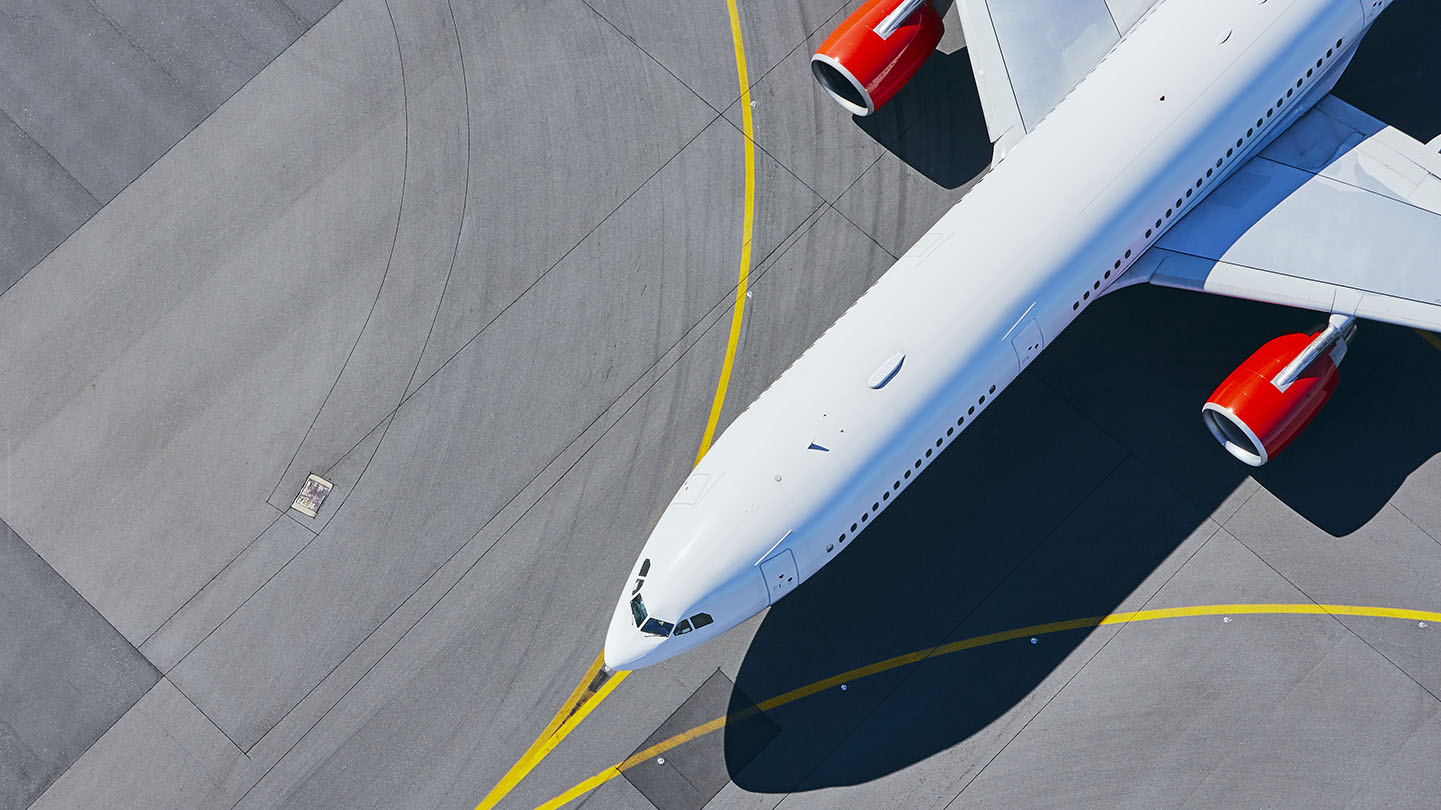The e-commerce ecosystem is massive and growing. The expected total sales in e-commerce globally will grow from an estimated $5 trillion sales globally this year to a projected $6.4 trillion in 2024. The ecosystem is vast and is comprised of services, MarTech, AdTech, e-commerce systems, shipping and logistics, payments, communications and so many other factors that support the system. And, as the issue in the Suez Canal recently demonstrated, Air Cargo may be more important to the global supply chain than you first considered.
Most e-commerce retailers are striving to keep up with Amazon and they all want to be customer-focused. Being customer-focused means maniacal attention to customer needs and responding to their desires. When taking shipping into account, there are differences in what e-commerce customers will pay for with respect to shipping, but all customers want their “packages” fast.
Now, what do we mean by fast? Anything delivered in 2 days or less is considered fast. Moreover, Gen Z, on track to be the largest consumer base by 2026, and Millennials, who are the largest consumer base today, are willing to pay more for next-day shipping. In fact, recent studies by both PwC and Accenture show that higher prices for next-day delivery would drive a decision to make a purchase.
Now, it should be very evident that Air Cargo is the best, and in many cases, the only option for getting packages to the customer in 2 days or less. Cargo ships are the cheapest, and slowest, mode of cargo transport (and in many cases the right option). Air Cargo may be more expensive, but if an e-commerce company has based the fulfillment of their brand promise on fast delivery—then Air Cargo is key to their success.
As more and more e-commerce companies adopt faster package delivery to meet customer expectations and drive repeat purchases, there will be greater demand for Air Cargo. Air Cargo can be executed by all-cargo carriers like UPS, FedEx, and DHL who also rely on the belly capacity of passenger airlines. Azul is a great example of an airline that embraced e-commerce growth by implementing the technology to operate fully integrated logistics. Thus, meeting the demand for e-commerce shipping while optimizing the utilization of the entire fleet.
Customer expectations will only become more demanding, and the need for flexibility and speed by e-commerce companies to get packages from the shopping site to the customers’ door is paramount to their success. Air Cargo may just be the engine that drives e-commerce by facilitating this need for speed that customers demand.

